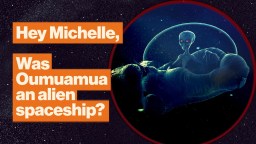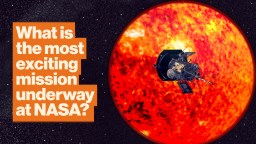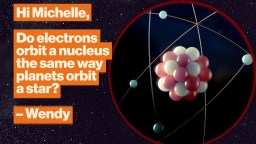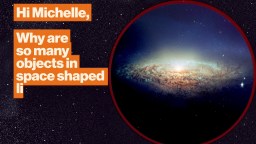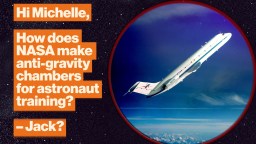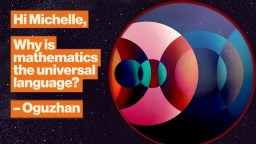Hard Science
All Stories
A space memorial company plans to launch the ashes of “Pikachu,” a well-loved Tabby, into space.
What do the inventions of the future look like?
The team caught a glimpse of a process that takes 18,000,000,000,000,000,000,000 years.
Psychopaths are manipulative, violent, impulsive, and lack empathy — but if psychopathy encourages more frequent reproduction, is it, then, an advantageous strategy?
A new method promises to capture an elusive dark world particle.
Famous inventors and scientists submission to the daily grind
An innovation may lead to lifelike evolving machines.
The map shows the movements of seven different wolves over the course of a season.
A new experiment shows that two observers can experience divergent realities (if they go subatomic).
It’s often said that every element was made in a star, but there’s more to it than that.
There are places in our solar system where you can fly.
▸
2 min
—
with
Doctors may be able to painlessly reshape cartilage with the technique.
Artistic depictions of the atom have deceived us all.
▸
3 min
—
with
They may be using an “air bridge” to do so.
A new computer model solves a pair of Jovian riddles.
Melting ice is turning up bodies on Mt. Everest. This isn’t as shocking as you’d think.
It’s one of the most consistent patterns in the unviverse. What causes it?
▸
4 min
—
with
They didn’t know it, but the rituals of Iron Age Scandinavians turned their iron into steel.
How can we use the resources that are already on the Moon to make human exploration of the satellite as economical as possible?
“I was so moved when I saw the cells stir,” said 90-year-old study co-author Akira Iritani. “I’d been hoping for this for 20 years.”
A lot goes into being weightless.
▸
4 min
—
with
The coin depicts a black hole and one of the late physicist’s most important formulas.
Over 100 new pages of Einstein’s writings, including long-lost calculations, have been made public.
Why is math the universal language? NASA’s Michelle Thaller solves that one.
▸
5 min
—
with
New statistical analyses show that human-driven climate change is a virtual certainty.
The I Ching serves as a foundation for many Eastern philosophies and Western mathematics.




